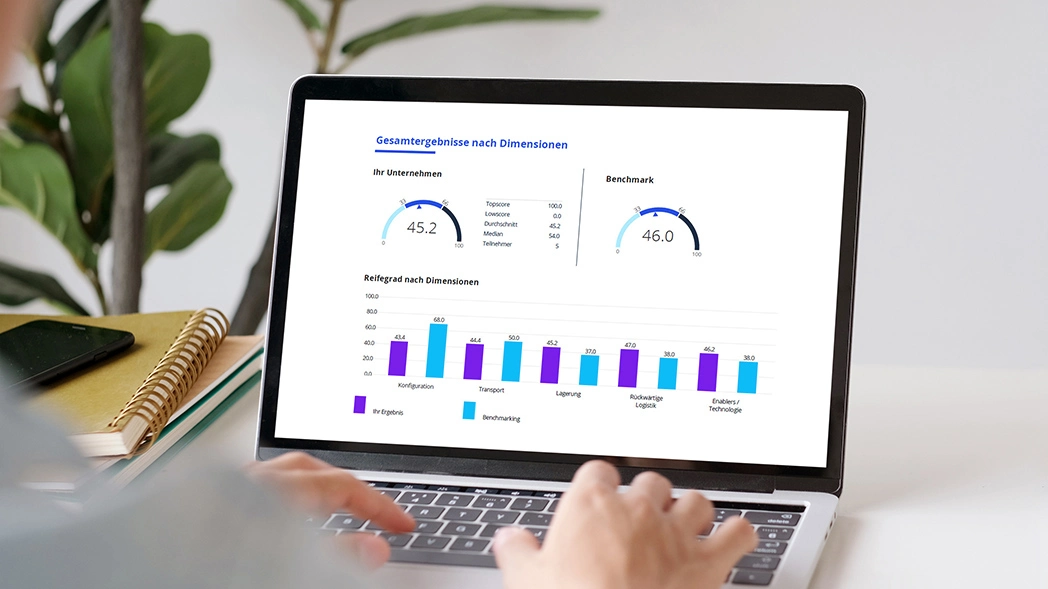Find the right answers to current challenges
Find the right answers to current challenges
Change is a part of every business activity and invariably brings with it risks as well as opportunities. In order to meet the challenges of change, there is always a need for an in-depth analysis of the current situation and/or an assessment
of one's own organization. Only then can optimization potentials be identified and, as we well know, every good consultation starts with the right questions.
Find the right answers to your current challenges, risks and opportunities of changes to business processes. In order to facilitate easier access to the highly varied issues affecting corporations, our KPMG experts have developed for our clients over 70 different KPMG Business Analytics Services. You can already profit today from the benefits of the KPMG Business Analytics Services:

Areas for optimization and organizational competence
With the KPMG Business Analytics Services you can reap the benefits of our expertise. We will provide you with the in-depth results of your situation analysis and, based on this, recommendations for action. Regular use of Business Analytics allows you to check individual optimization measures and thus ensure their quality. KPMG Business Analytics Services show you how you can use your organizational competence holistically. Through KPMG Business Analytics Services, you can obtain a quick and cost-effective overview of the areas relevant to your organization. Analyses can be used separately or in combination, before, during or after a project has been carried out and thus provide optimal support.
Your results report
Each of our Business Analytics provides an individual report as a result. This report highlights in detail your fields of action, provides recommendations for direct prioritized implementation and, in a second step, serves as a basis for identifying comprehensive areas for optimization for your organization. Here, too, we are happy to support you with our expertise and advise you on potential fields of action as well as concrete best practice measures. Get in contact with us or book a consultation with our Tailored Services.

Main Benefits of the Business Analytics Services
Innovative analyses of
current topics
Customized consulting based
upon KPMG expertise
Easy access to
reports containing results
KPMG Business Analytics Services
Find the right Business Analytics for your requested area or get inspired with new insights.

